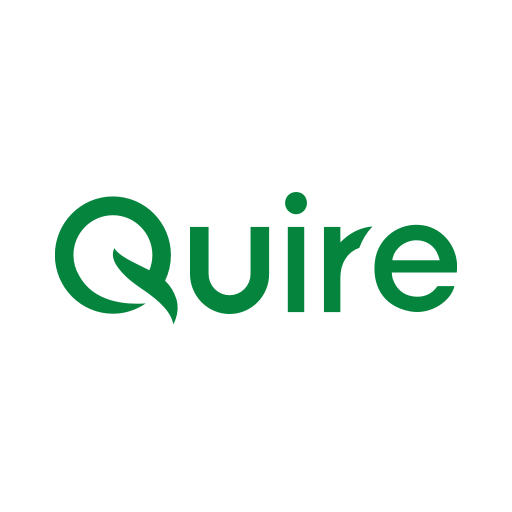productivity tips · Oct 17, 2023
Here's What You Can Do to Break Free From Work Addiction and Start Putting Yourself First

In today's fast-paced and highly competitive world, it's no surprise that work addiction has become a prevalent issue.
Work addiction, also known as workaholism, is a behavioral pattern characterized by an excessive and uncontrollable drive to work. While being dedicated to your career is admirable, work addiction can have detrimental effects on your physical and mental well-being, relationships, and overall quality of life.
In this blog post, we will explore the definition and causes of work addiction, debunk some myths surrounding it, and provide practical tips to overcome work addiction and strike a healthy work-life balance.
Additionally, we will discuss strategies employers can implement to prevent work addiction in the workplace. Finally, we'll touch upon the benefits of project management software in maintaining a healthy work-life balance.
Read more on how to beat off Sunday Scaries for a happier Monday.
Work Addiction Definition and Causes
Work addiction is often defined as an excessive preoccupation with work that manifests as an uncontrollable compulsion to work, regardless of the negative consequences it may have on one's health, relationships, or other important areas of life.
It is important to note that work addiction is not synonymous with being highly productive or driven, as it is characterized by an unhealthy and unbalanced relationship with work.
The causes of work addiction can vary from person to person. Some common underlying factors include a need for validation, fear of failure, perfectionism, low self-esteem, or a desire to escape from personal issues.
Additionally, societal pressures and cultural norms that emphasize productivity and success can contribute to the development of work addiction.
Myths and Facts about Work Addiction
There are several misconceptions surrounding work addiction that need to be addressed:
Myth 1: Work addiction is a sign of dedication and ambition.
Fact: While dedication and ambition are important qualities, work addiction goes beyond healthy levels of commitment and becomes detrimental to one's well-being. It can lead to burnout, stress-related illnesses, and strained relationships.
Myth 2: Work addiction is a personal weakness.
Fact: Work addiction is not solely a result of personal weakness. It can stem from a combination of individual predispositions, environmental factors, and societal pressures.
Myth 3: Work addiction leads to success.
Fact: While work addiction may initially contribute to professional success, the long-term consequences can be detrimental. Burnout decreased productivity, and strained relationships can hinder overall success and well-being.
Read more on 10 signs of disengaged employees and how to re-engage employees.
Tips to Overcome Work Addiction
- Recognize the problem: Acknowledge that you have a work addiction and understand the negative impact it is having on your life.
- Set boundaries: Establish clear boundaries between work and personal life. Define specific times for work and leisure activities, and stick to them.
- Prioritize self-care: Make time for activities that promote your physical and mental well-being, such as exercise, hobbies, and spending time with loved ones.
- Delegate and seek support: Learn to delegate tasks and ask for help when needed. Build a reliable support network to share responsibilities and offer guidance.
- Practice mindfulness: Incorporate mindfulness techniques into your daily routine to stay present, reduce stress, and improve focus.
Tips to Avoid Work Addiction from the Employer Side
- Encourage work-life balance: Promote a healthy work-life balance by discouraging excessive overtime and encouraging employees to take regular breaks and vacations.
- Foster a supportive culture: Create an environment where employees feel comfortable setting boundaries, asking for help, and prioritizing their well-being.
- Provide resources and support: Offer resources such as counseling, stress management programs, and wellness initiatives to support employees in maintaining a healthy work-life balance.
- Lead by example: Demonstrate a healthy work-life balance as a leader and encourage others to do the same.
- Assess workload and expectations: Regularly review and adjust workload and expectations to ensure they are reasonable and manageable for employees.
Project Management Software and Work-Life Balance
Project management software can play a vital role in maintaining a healthy work-life balance. It helps streamline tasks, improve communication, and increase productivity.
By using project management software, individuals can better manage their time, set realistic goals, and track progress, which reduces the likelihood of work addiction.
Additionally, it promotes collaboration and transparency among team members, leading to more efficient workflows and decreased stress levels.
Overcoming work addiction and prioritizing self-care are crucial for achieving a healthy work-life balance. By recognizing the signs, debunking myths, and implementing practical tips, individuals can break free from work addiction and create a more fulfilling and sustainable life.
Employers also have a responsibility to foster a supportive environment that values work-life balance and prevents work addiction among their workforce.


